Cesfac starts the #IndisPIENSables campaign to highlight the livestock feed sector and its professionals
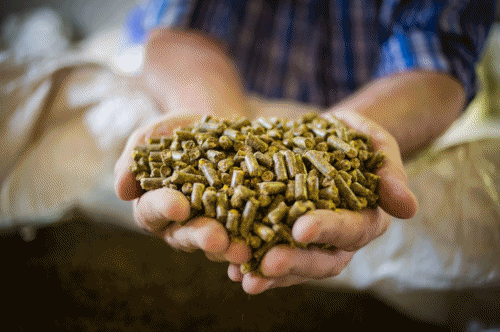
Cesfac has started a campaign that bears the title #IndisPIENSables and aims to highlight the food sector for our livestock, as well as the people who work every day so that the livestock sector as a whole has the best raw materials to feed cattle.
Consumers, veterinarians and administrations recognize the work carried out by the livestock-meat sector during the pandemic
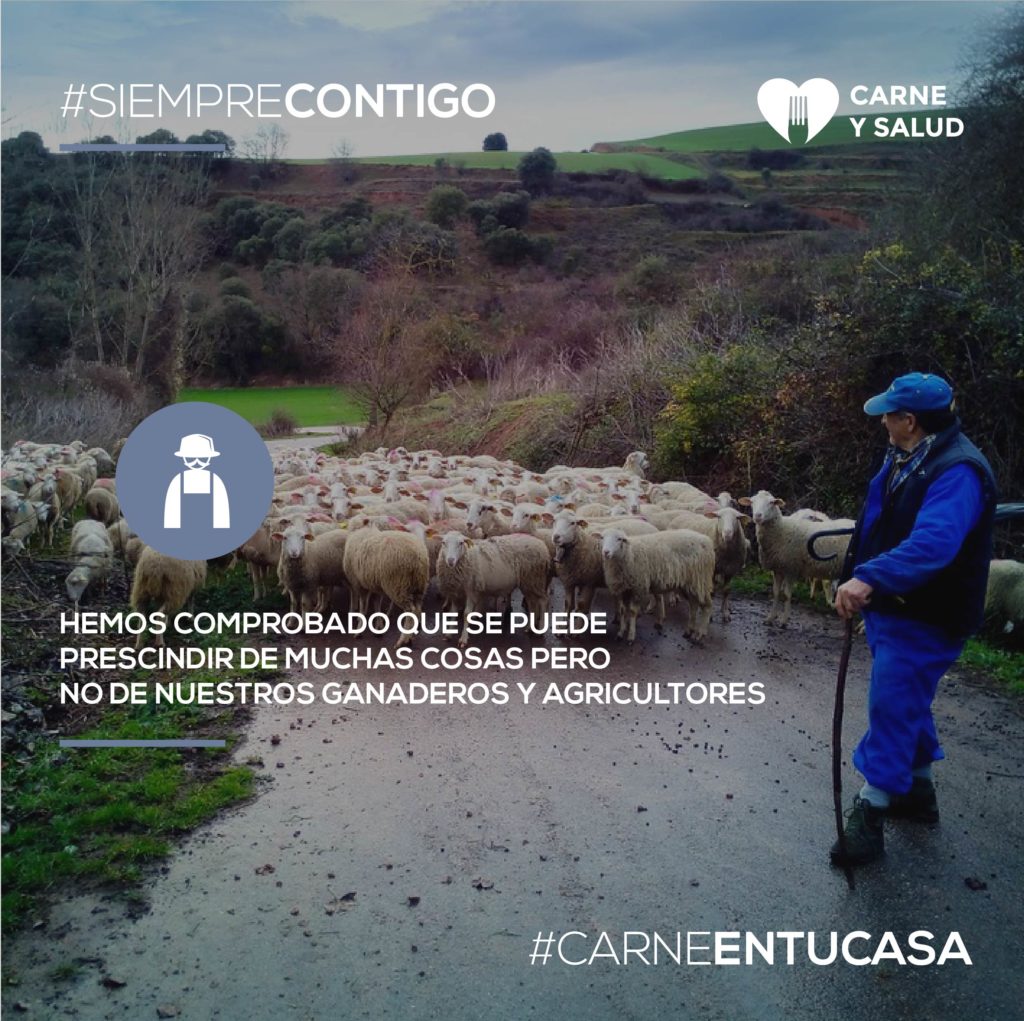
Livestock directly employs more than half a million people in Spain, meat industries 97,000 workers and retail trade another 75,000, estimating that about two million people live in the livestock-meat chain in Spain.
Carne y Salud. Meat and processed meat, protagonists during confinement
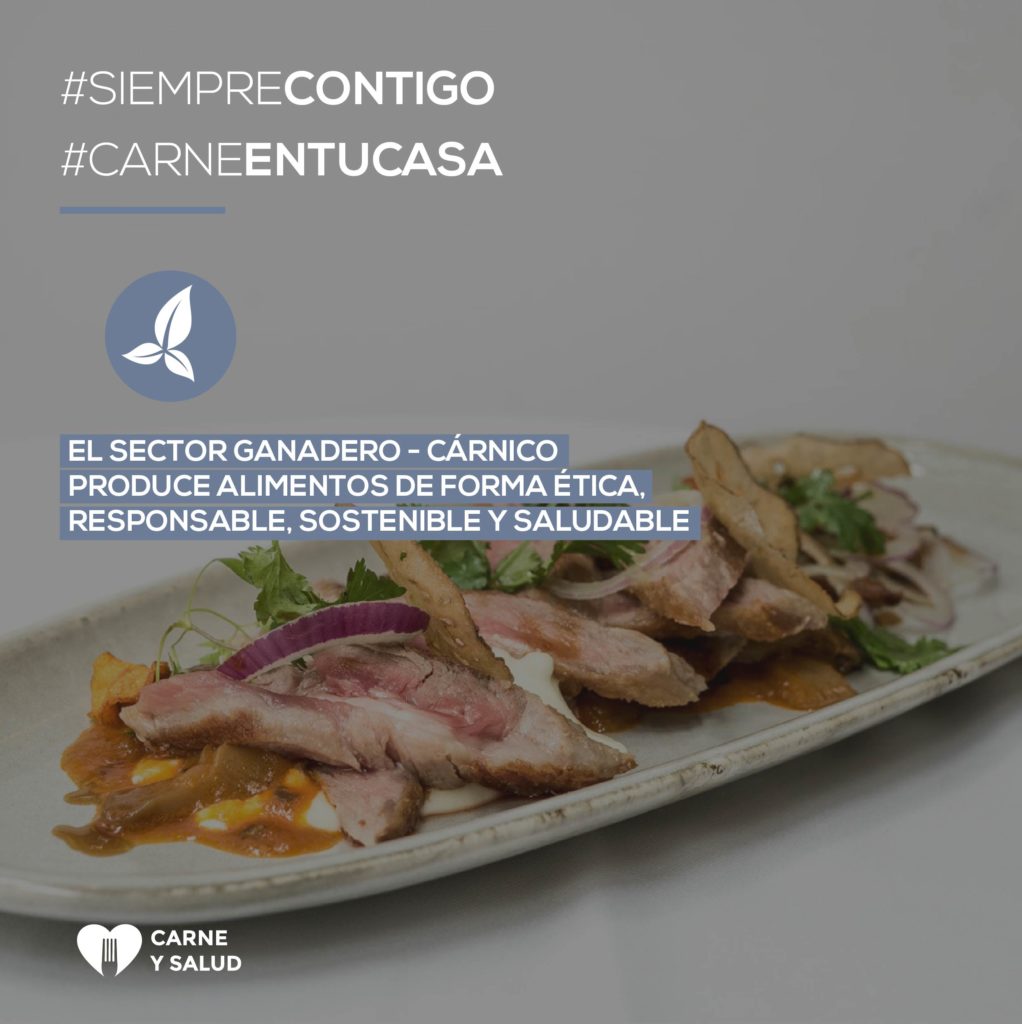
In the seven weeks that have passed since March 9, 4.5 million tons of food and beverages have been made […]
Joaquín Goyache, Professor of Animal Health, defends the positive aspects of the meat sector
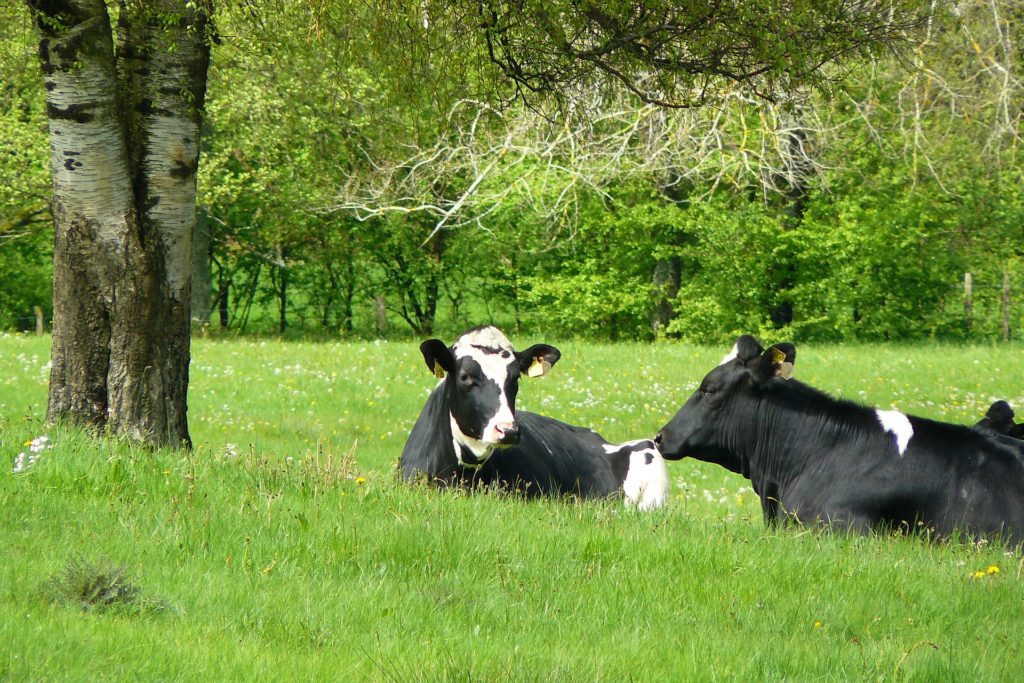
“You are being held responsible for global warming that you don’t have.” The Professor of Animal Health, Joaquín Goyache, […]
Carne y Salud: Sustainability and a European production model for the Spanish meat sector
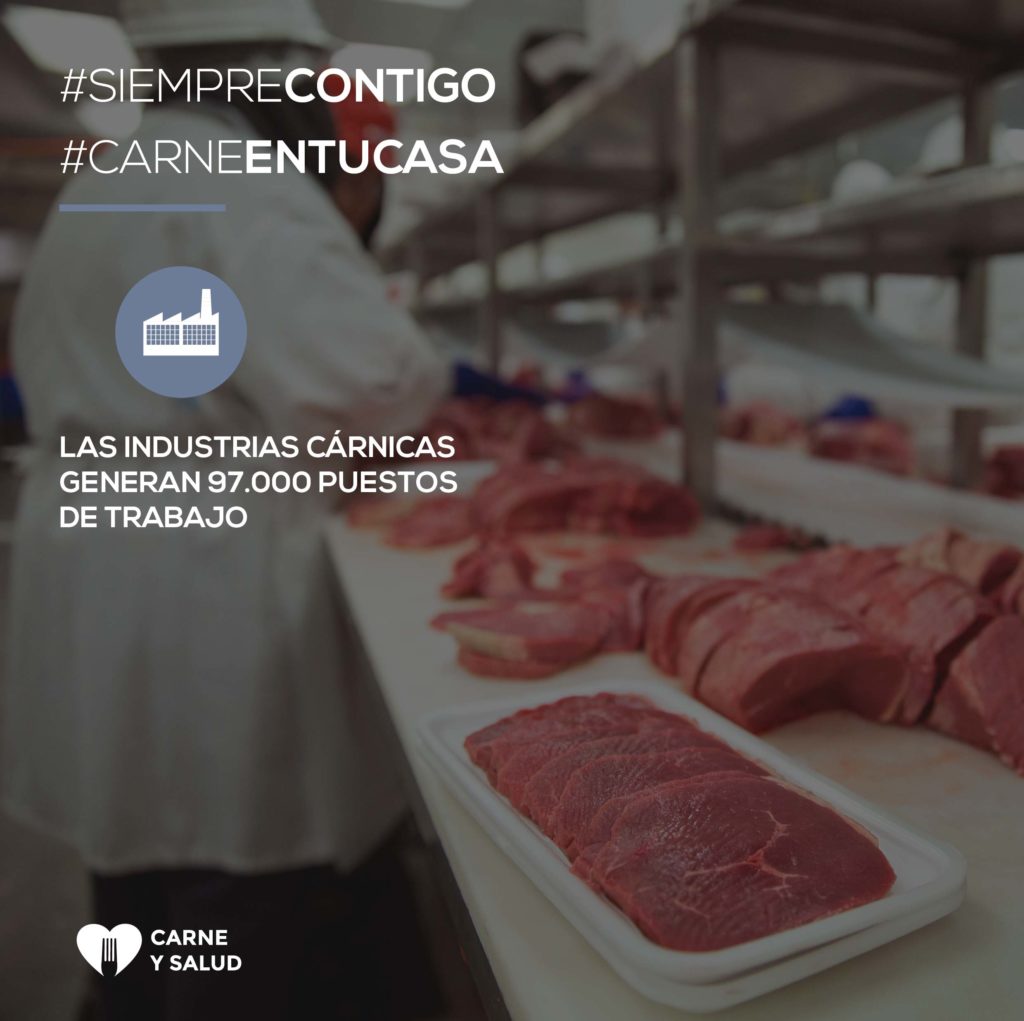
Livestock farms in our country have experienced in recent years a profound evolution that has given rise to a new […]
The livestock and meat sectors contribute 42,000 million euros and 700,000 jobs to the economy
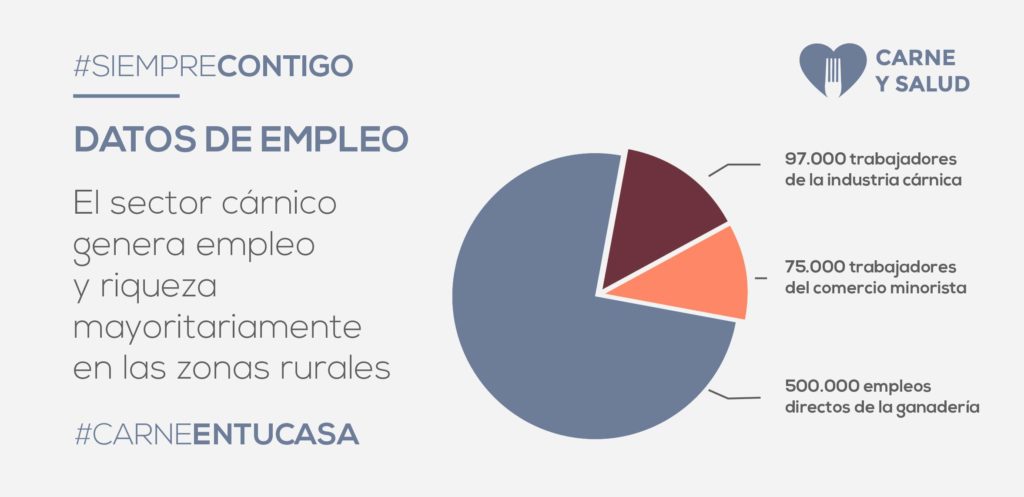
The meat industry sector is made up of a fabric of some 2,800 companies with slaughter, cutting and production of processed products, with a very important base of small and medium family-owned companies, while large business groups have also consolidated, some of them leaders at European level. Last year the meat industry raised its turnover by 2.5% to 26,882 million euros, which consolidates it as the most important sector within the food and beverage industry, which represents 22.6% of all the Spanish food sector. Spanish meat production, an international benchmark.
Carne y Salud: livestock and meat production and greenhouse gas effects during Covid-19
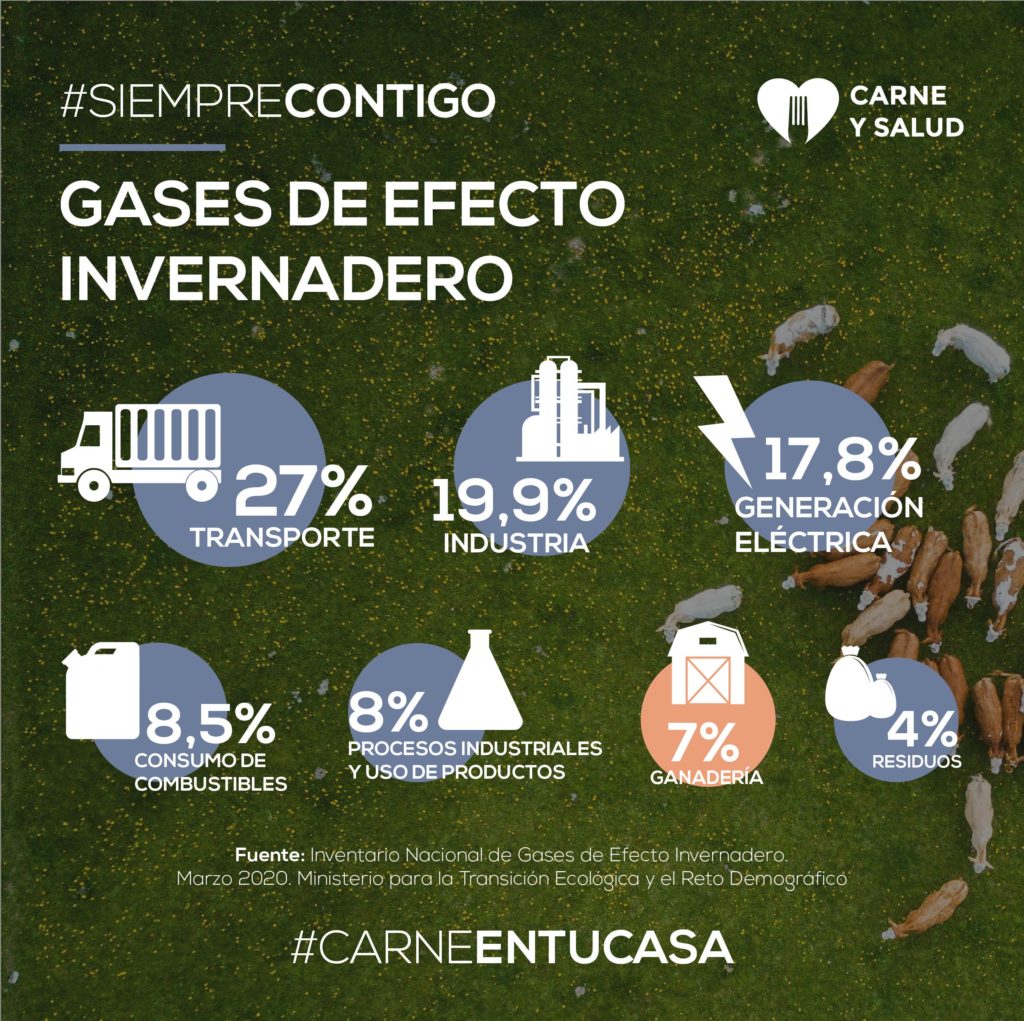
The Carne y Salud platform has produced a report “Livestock and meat production and sustainability” in which perceptions will be crumbled Vs reality, sustainability and the European model of production, balanced consumption, which means the meat industry in rural areas and the sector’s commitment to sustainability.
Anafric is going to break down the report every week on Friday and we begin with the section dedicated, precisely, to greenhouse gas emissions.
Anafric reports on exceptions in the transport of live animals during the state of alarm for the coronavirus
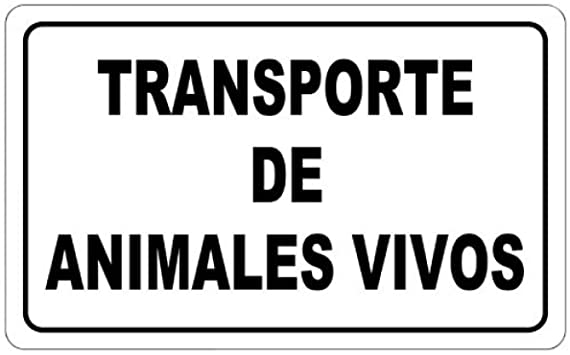
The BOE has published an order of the Council of Ministers that establishes exceptions in the transport of live animals during the period of the health alert generated by the coronavirus COVID-19.
Thanks from Anafric for the work you are doing
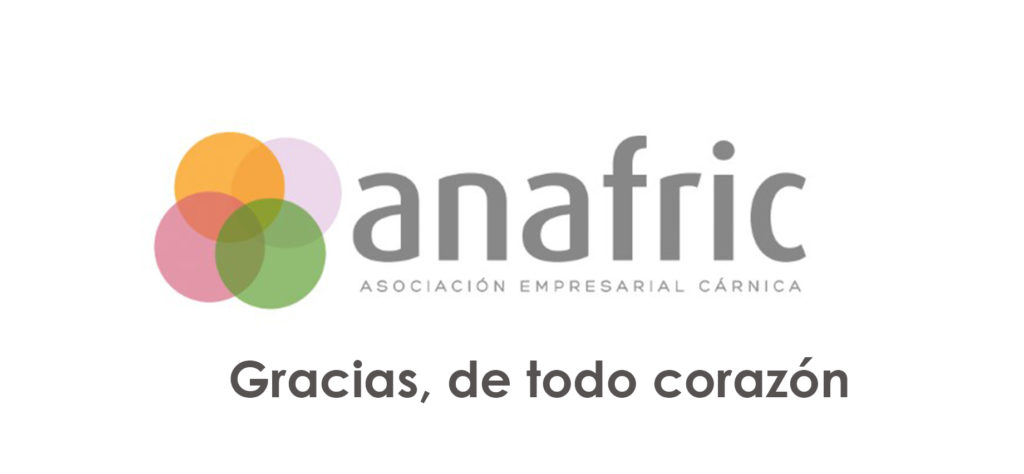
THANKS
We can’t think of another word from Anafric. Your support, your commitment, your trust and your effort will not be in vain. Together, we face this reality. And with the collaboration of all, we will leave. We are sure about it.
Veterinarians guarantee the production chain, food safety and well-being of all animals.
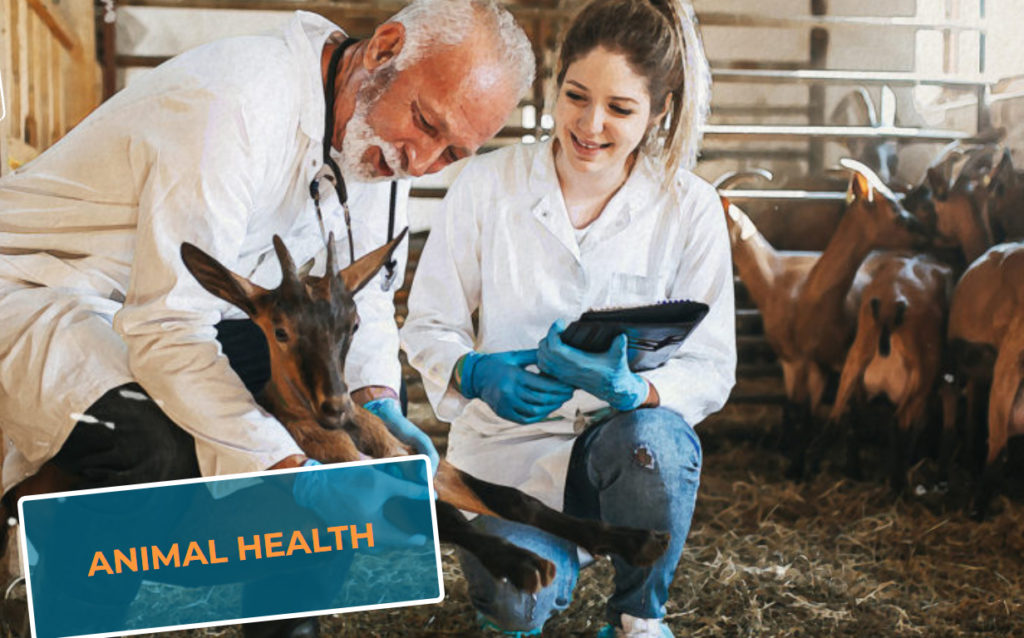
Luis Alberto Calvo Sáez, president of the OCV (Veterinary College Organization), encourages veterinarians to act with the utmost professionalism and to collaborate with the health authority, in front of the state of alarm by the COVID-19. He has sent a letter to the 52 Spanish schools in which it recalls that they are a “very leading avant-garde healthcare collective for the protection of human and animal health”, and therefore they must work to guarantee the production chain, food security and the welfare of all animals.
“The government has to make a law that prevents intrusion and stop calling ‘meat’ to something that is not”
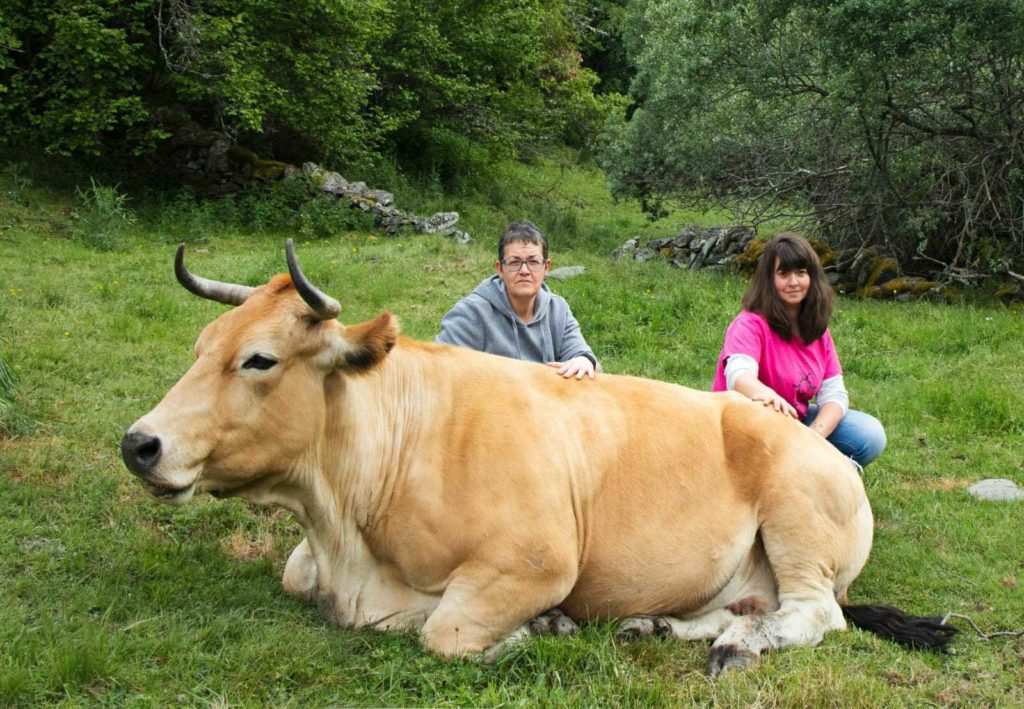
“Ganaderas en Red” is a group of extensive livestock farming and pastoralism professional women who support each other both personally and at work. They seek raising their voice to the institutions. Like the rest of the meat industry, they try not to be accused of being guilty of climate change in an environment that they respect and preserve. From Anafric we want to value their position, their collective work and their defence of the industry because as we understand, we are part of the solution and not the problem.
Aduriz de Lasarte: quality, modernity and commitment
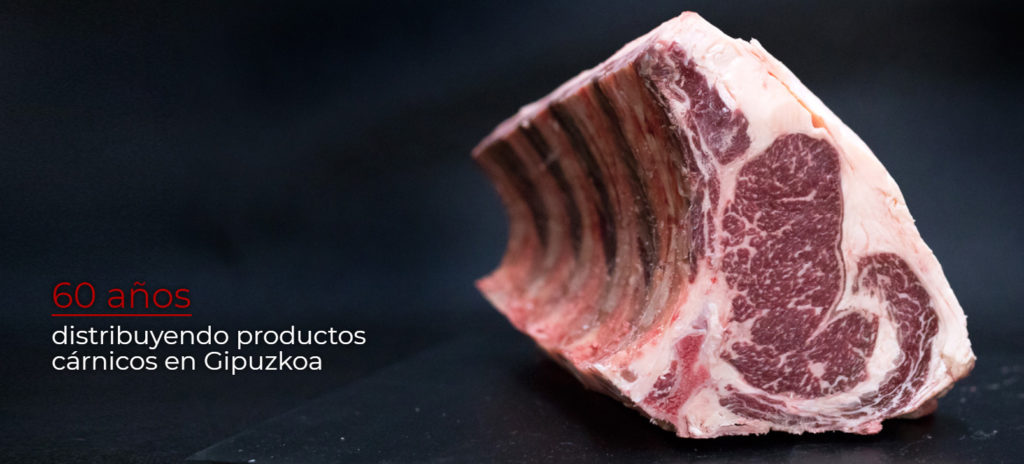
Aduriz de Lasarte is a company with 60 years of experience. It started as a colonial warehouse and is currently […]
Eating meat in a balanced way suits us
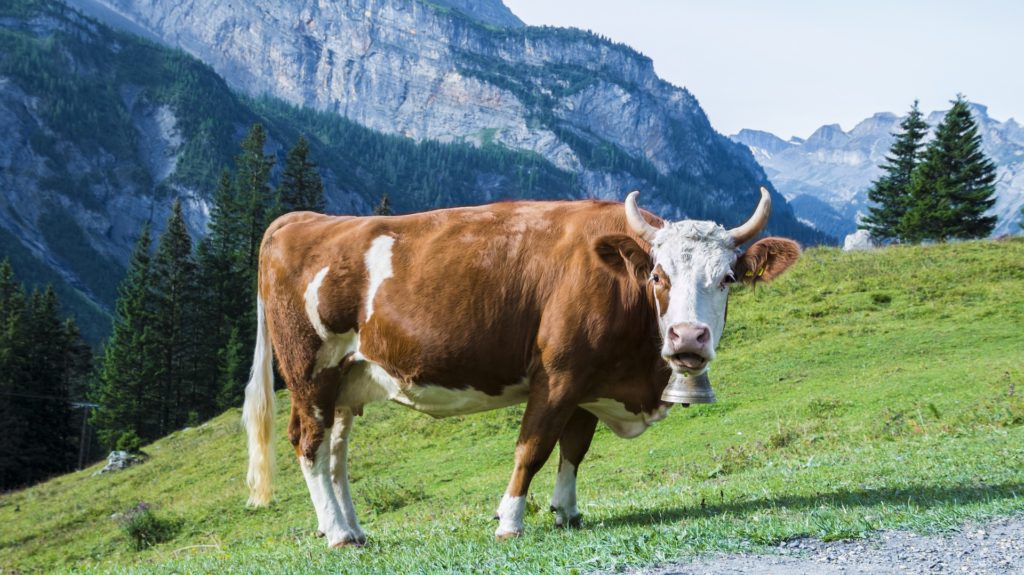
According to the guide of the Spanish Society of Primary Care Physicians “Importance of beef in the diet of the Spanish”, “an adequate intake of meat in combination with other food groups is a physiological benefit for humans and allows to obtain important micronutrients such as iron, vitamin B12, magnesium, phosphorus and zinc ”.
Anafric’s sheep and goat group meets in Zaragoza to analyze the future of the sector
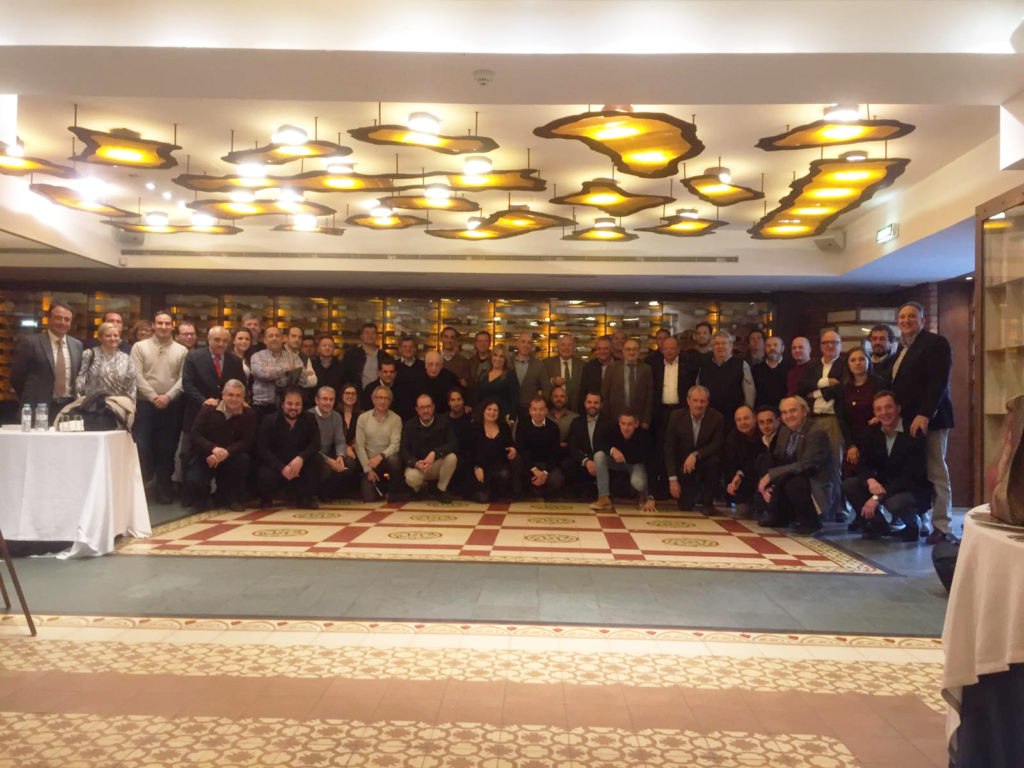
The Anafaric sheep-goat group has held its annual meeting in Zaragoza. The event was attended by more than 60 companies in the sector and also representatives of the fur industry.
Pick & Pack, new packaging solutions for the food industry with the 2030 horizon of recyclable packaging
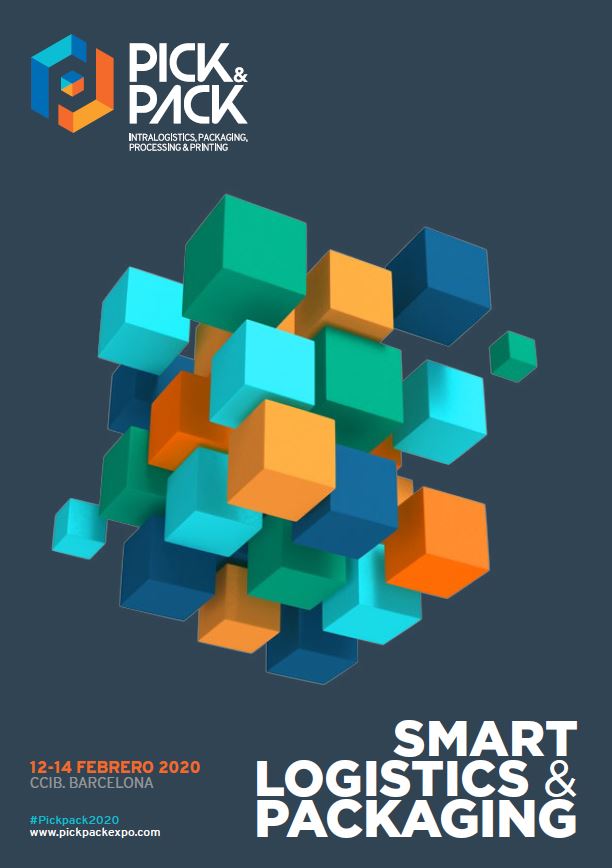
From February 12 to 14, Pick & Pack will bring together more than 7,000 professionals from industries such as food and beverages, among other sectors. Pick & Pack celebrates during the three days two revolutionary forums such as the National Packaging Congress 4.0 and the European Intralogistics Summit 2020 with more than 180 international experts. Together with a showcase of innovation in which the latest solutions for the industry are presented, such as food containers made from sugar cane or bambo
Tagging processed meats as tobacco or asbestos is a huge mistake

From Anafric, we interviewed Dr. Abel Mariné (Barcelona, 1943), Emeritus Professor in Nutrition and Bromatology at the Faculty of Pharmacy […]
The role of livestock: a strong Europe in the face of challenges
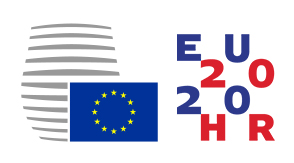
The Croatian presidency of the European Union has presented the key elements of its presidency. Under the motto A strong Europe in a world of challenges, Europe is aware that in the face of climate change, farmers and ranchers are part of the solution to the problem. This line of action is part of the Green Deal campaign which, together with the Farm to Fork campaign (from farm to table) will be the main axes of action during this first semester.
